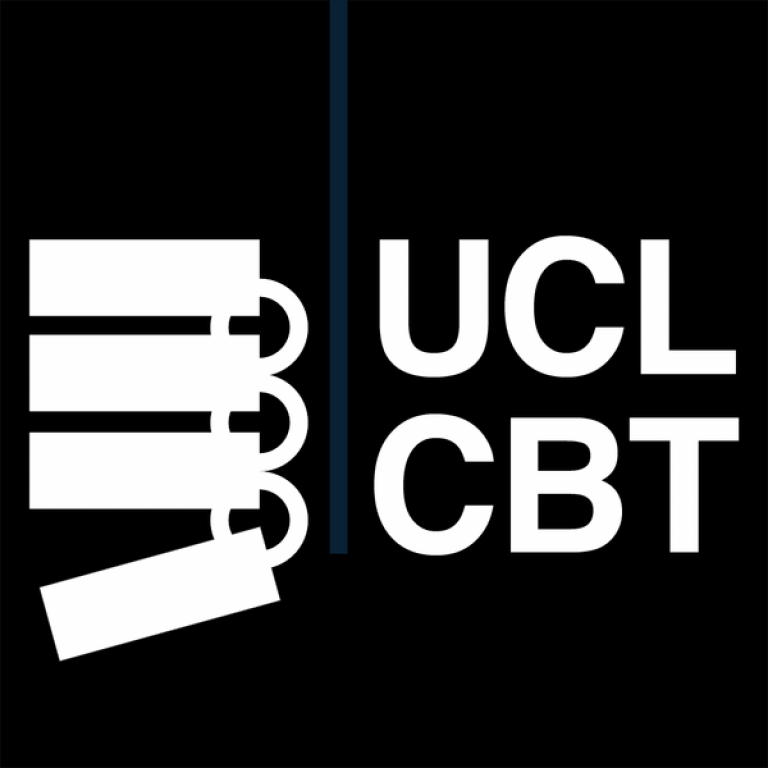UCL partners with Ripple to accelerate innovation in Blockchain & Cryptocurrency
4 June 2018

UCL will be joining a new program called the ‘University Blockchain Research Initiative’, founded by Ripple to support academic research, technical development and innovation in blockchain, cryptocurrency and digital payments.
The Centre for Blockchain Technologies at UCL (UCL CBT) will receive a multi-year multi-million dollar donation from Ripple to conduct cutting-edge research in the blockchain field.
Research will focus on three main streams including: technological innovation of distributed ledger technologies, business applications and socio-economic risks, legal and regulatory implications of distributed ledger technologies.
UCL is the only UK university involved in the program of 12 institutions including MIT, Princeton and Berkeley. Established in 2016, UCL CBT is the largest centre on blockchain technologies in the world which counts more than one hundred research associates.
It is an interdisciplinary interdepartmental research centre that draws on world-leading academic expertise from eight UCL departments to produce cutting-edge blockchain solutions for industry, start-ups and regulators.
As part of the new program, each university will determine its own research topics and areas of focus. In addition to financial resources, Ripple has also committed to collaborating with university partners by providing strategic guidance and technical resources to UCL CBT as needed.
Demand for learning, research and project based experience is at an all-time high among university faculty and students, and the partnership between Ripple and UCL CBT will go a long way to fulfilling that demand.
“Academia has traditionally been a critical driver of technical innovation. University Blockchain Research Initiative is an acknowledgment of the vital importance of the unique role universities will play in advancing our understanding and application of cryptography and blockchain technology. It also speaks to the reality that university graduates will fuel a continually evolving and maturing financial marketplace and workforce,” said Eric van Miltenburg, SVP of Global Operations at Ripple.
“Much of the enthusiasm and activity to date around blockchain is disconnected from real use cases that result in clear customer benefits. While Ripple won’t dictate research parameters, we are excited to play a role in helping to support projects that explore increasingly useful applications of blockchain and cryptocurrencies.”
Ripple and UCL are hopeful that the partnership will engage students and faculty from a wide range of academic fields and backgrounds to produce interesting research and technical developments that add value to the global blockchain ecosystem.
“With the increasing popularity and importance of blockchain globally, it is imperative that society understands how the technology works and why we need it so it can achieve its potential as a mainstream technology that will benefit us in our daily lives.
“To improve technology literacy and drive the adoption and integration of blockchain into a range of business processes, we are dedicated to groundbreaking scientific research and teaching in this field and we are delighted to have Ripple supporting our endeavours over the next four years” said Dr Paolo Tasca, Executive Director at UCL CBT.
 Close
Close

